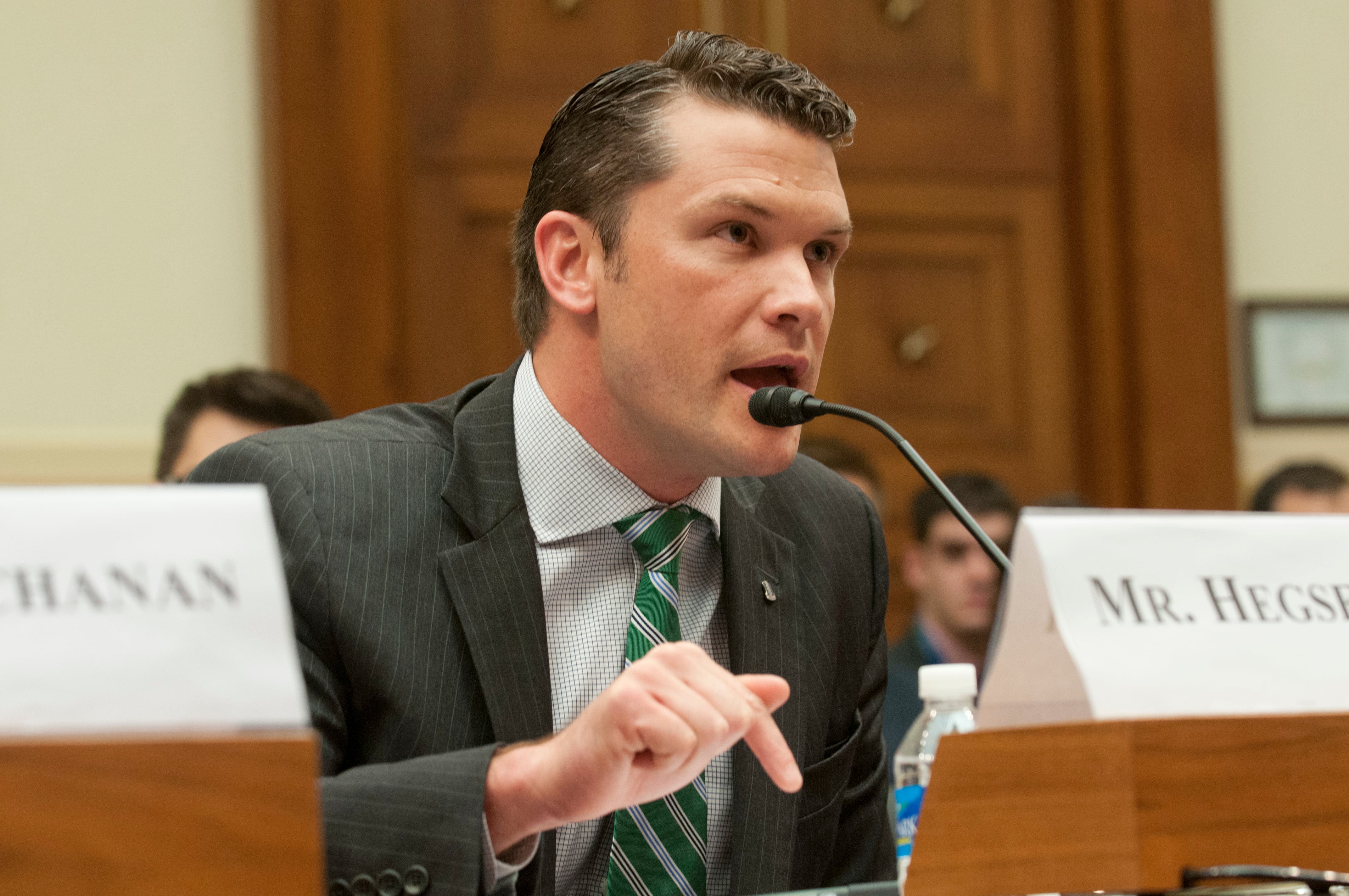It's been nearly a year since revelations of widespread scheduling fraud at the Veterans Affairs Department, which resulted in delayed health care treatments to countless veterans, shocked the nation. Yet little has changed, despite high-level leadership changes and solid management reforms passed by Congress.
A recent example: An inspector general's investigation revealed just last month that officials at the Little Rock, Arkansas, VA changed dates on old disability claims to make them appear to have been filed more recently — the same type of data manipulation exposed in last year's scandal, which sparked outrage and demands for change.
Clearly, the message about the need for reform has not been absorbed throughout the VA's ranks. What will it take to restore trust in this broken and dysfunctional department?
Last fall, my organization, Concerned Veterans for America, set out to answer that question, at least in part, by establishing a bipartisan health care task force of veterans, former VA officials, health care experts and former members of Congress. Our goal was to propose concrete solutions for the problems that plague the Veterans Health Administration within the VA.
In February, we presented our plan in the form of the Veterans Independence Act — a set of positive guiding principles and actionable proposals that could serve as the starting point for fixing VA health care. We knew an outside plan to reform the second-largest federal department would engender opposition from those who would protect the status quo. We were disappointed when the critics appeared to have not even read the plan or considered its proposals.
In a statement released mere hours after the report's release, VA Secretary Bob McDonald, who has sought to present himself as an agent of reform, offered a rather creative interpretation of its findings.
"Reforming VA health care cannot be achieved by dismantling it and preventing veterans from receiving the specialized care and services that can only be provided by VA," McDonald said.
McDonald is a busy man, so perhaps he was unable to review the report and is the victim of misinformed briefings. But the fact is that nothing in the Veterans Independence Act would "dismantle" the VA's health care capabilities. In fact, the report specifically states that "the VHA should be improved, and thereby preserved."
Were VA officials to bother reading our report, they would find a proposal for overhauling the VHA that puts veterans, not the bureaucracy, at the center of the department's mission. They would find thoughtful proposals for introducing greater choice and competition in the system, and phasing in reforms to allow veterans the maximum amount of flexibility.
In fact, if McDonald and other VA defenders weren't so eager to swat away outside suggestions, they might be surprised to find that we share common ground on several key issues.
For example, the CVA plan calls for a carefully considered effort to close outdated and underused VA facilities. And just days after our recommendations were released, McDonald emphasized the need to close underperforming VA facilities, as well as calling for a "hybrid" approach to VHA health care that blends public and private approaches.
There is no doubt that the result of the reforms under the Veterans Independence Act would be a different VA. In some respects, the department may shrink; in others, it might grow. But what is absolutely essential is that the department must change to better meet the needs of today's veterans. None of that adds up to "dismantling" the VA.
The reflexive opposition to reform is predictable to the point of being tiresome. Those of us who would call for restoring the department to a mission of service to veterans are accused of somehow seeking to harm the system — while those who brought that system to its broken state are unaccountable.
It's not just veterans who suffer from the VA's failures. The department is also failing the dedicated and professional VA employees — and there are many of these — who find their efforts to offer quality care stymied by a calcified and self-serving bureaucracy. In a recent congressional hearing, McDonald spoke movingly of these employees, who consider themselves "prisoners in a system they cannot change."
So we have large numbers of veterans dissatisfied with the VA's status quo; policymakers dissatisfied with the status quo; and many VA employees dissatisfied with the status quo. Shouldn't that be a signal that the time and the conditions are ripe for a real transformation?
At a certain point, the burden is not upon those who would call for change at the VA to make the case for reform — the burden should be on those who defend the broken status quo to explain why they fight so vigorously to protect a failing system.
Pete Hegseth is the CEO of Concerned Veterans for America and a Fox News contributor. An Army infantry veteran, he served tours in Afghanistan, Iraq and Guantanamo Bay, Cuba.





